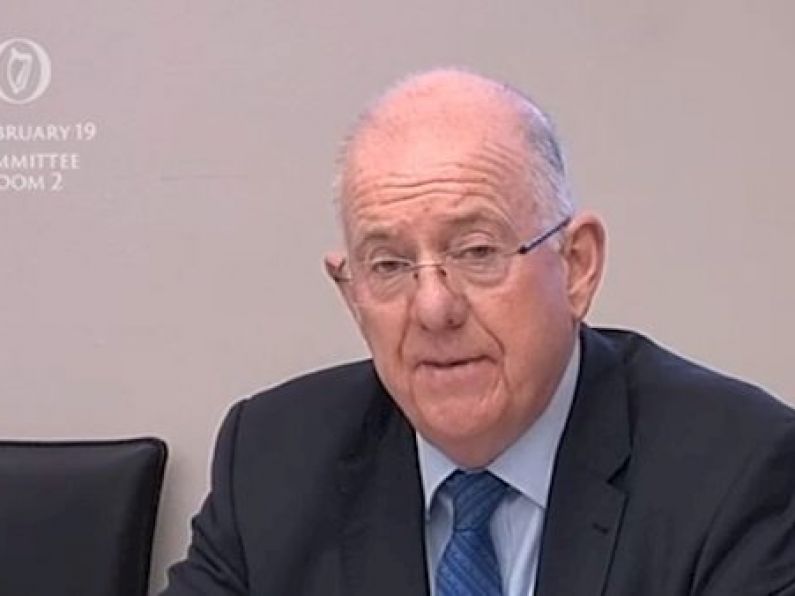The Government is to introduce legal measures to ensure that the high level of data exchange between gardaí and the PSNI – which reached almost 70,000 pieces of information last year – will continue if there is a “crash out” Brexit.
The continuation of the sharing of information and intelligence was “one of the biggest asks” of Garda HQ to the Government in relation to contingency plans for a no deal Brexit on March 29.
The scale of the sharing of criminal and security information across the border emerged at a special sitting of the Oireachtas Justice Committee on Brexit with Justice Minister Charlie Flanagan and his senior officials.
The hearing focused on justice and security elements of the Government's Withdrawal of the United Kingdom from the European Union (Consequential Provisions) Bill 2019.
Minister Flanagan said the bill dealt with the “most pressing and challenging issues” arising from a no deal or a crash out Brexit that required primary legislation.
These relate to the areas of extradition and immigration, including arrangements regarding the Common Travel Area between Ireland and Britain, certain data sharing systems and asylum-related matters.
This includes provisions for the fingerprinting and the sharing of biometric data between Ireland and Britain to ensure the continuance of the British Irish Visa Scheme, seen as important for business and travel reasons.
New provisions for extradition would aim to replace the existing European Arrest Warrant (which provides for the speedy extradition of people, including citizens of the country receiving the request, between member states).
Official figures show Ireland sent 60 (out of a total of 76) requests to Britain in 2017, while Britain sent 207 EAW requests to Ireland (out of a total 357 requests received by Ireland).
Minister Flanagan said there was very close cooperation between gardaí and the PSNI, with up to 70,000 pieces of information shared last year.
But he said this issue was not covered in the bill the Government had introduced, as, unlike extradition and immigration, it did not require primary legislation.
Senior Department of Justice official Jimmy Martin said that the department had identified and examined 700 EU instruments relating to justice and security matters.
He said they conducted meetings with the gardaí, the DPP, the Courts Service, the Prison Service and the Probation Service to see how they would be affected by Brexit.
In addition, they had contact with the European Commission and the British Home Office regarding what legislation might be required.
He said that “one of the biggest asks” of gardaí related to communication and data exchange with British authorities, saying that on average there was around 60,000-70,000 pieces of information exchanged every year, particularly with the PSNI.
Mr Martin said that under Brexit, Britain would be a third party for data protection and there were “big concerns” around implications for this area.
Following discussions with the Attorney General, it had been established that the necessary changes could be done through EU instruments, which did not require primary legislation.
He said the list of areas which will be dealt with by way of secondary legislation or administrative arrangements was “quite long”.
He said a “big ask” of the UK in the police cooperation area was continued access to the Europol and Schengen information systems which he said was outside Irish competence as they were EU systems.
Minister Flanagan said that the contingency extradition arrangements under the bill – using the 1957 Council of Europe Convention on Extradition – would provide a “workable solution” but accepted it is “not as effective or efficient” as the EAW.
He told Louth deputy Peter Fitzpatrick that matters relating to increased garda deployment along the border was a power resting with the Garda Commissioner, but accepted there would be “a unique need for vigilance” in terms of the smuggling of property or people.






